Coca-Cola’s Plastic Problem: A Global Environmental Concern
One of the largest beverage companies on the planet is facing a consumer boycott in support of environmental protection and anti-plastic pollution efforts, according to Screenshot Media.
What’s Happening?
Coca-Cola has been dubbed the world’s worst plastic polluter for six consecutive years. The company sells over 100 billion single-use plastic bottles annually, many of which end up in landfills and our oceans.
A recent report from Oceana, a non-profit conservation organization, predicts that by 2030, Coca-Cola’s products will contribute approximately 602 million kilograms of plastic waste to the world’s oceans and waterways each year.
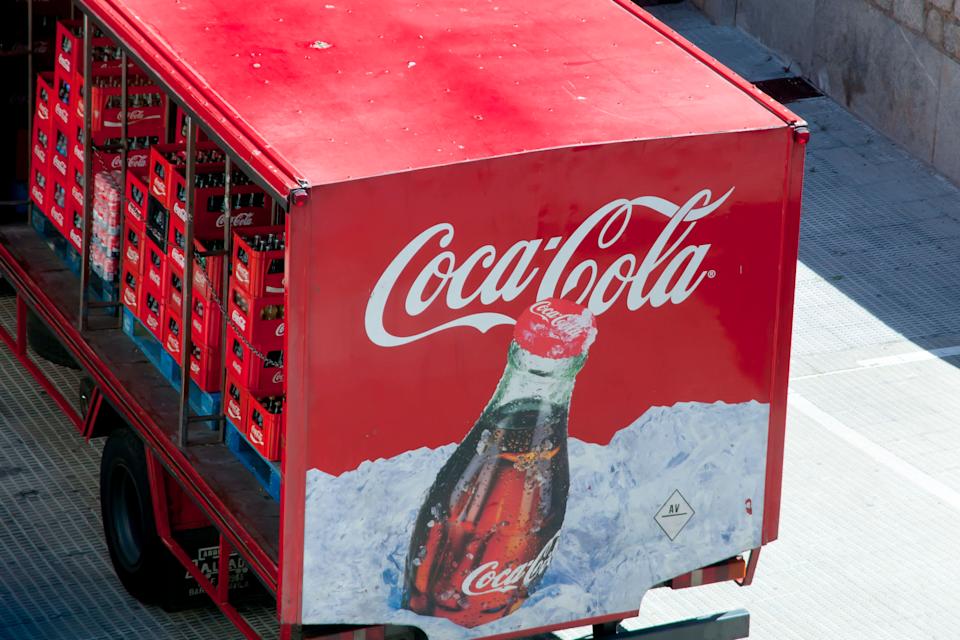
Environmental groups like Greenpeace have criticized the company’s continued reliance on single-use plastic and its association with fossil fuels. On social media platforms, consumers are sharing information about the company’s environmental impact and calling for a boycott.
In April, the US Virgin Islands filed a lawsuit against PepsiCo and Coca-Cola, accusing the beverage giants of contributing to the plastic waste crisis through deceptive marketing and uncontrolled distribution of single-use bottles.
The lawsuit, filed on April 11, alleges that PepsiCo and Coca-Cola deceived consumers by labeling single-use plastic bottles as environmentally friendly.
Officials say the island’s landfills are nearing capacity, and recycling is logistically and financially challenging due to the need for barges to transport the waste. The lawsuit accuses both companies of knowing about the risks of plastic pollution while conducting misleading information campaigns to maintain their public image as sustainable brands.
Why Plastic Pollution Matters
Plastic waste directly impacts communities and your health. As these bottles break down, they turn into microplastics that infiltrate our food and water supply. These tiny particles have been found in human blood, lungs, and even placental tissue.
For wildlife, plastic pollution creates a deadly hazard. Marine animals often mistake plastic for food, leading to starvation. Birds use plastic pieces to build their nests, exposing their young to harmful chemicals.
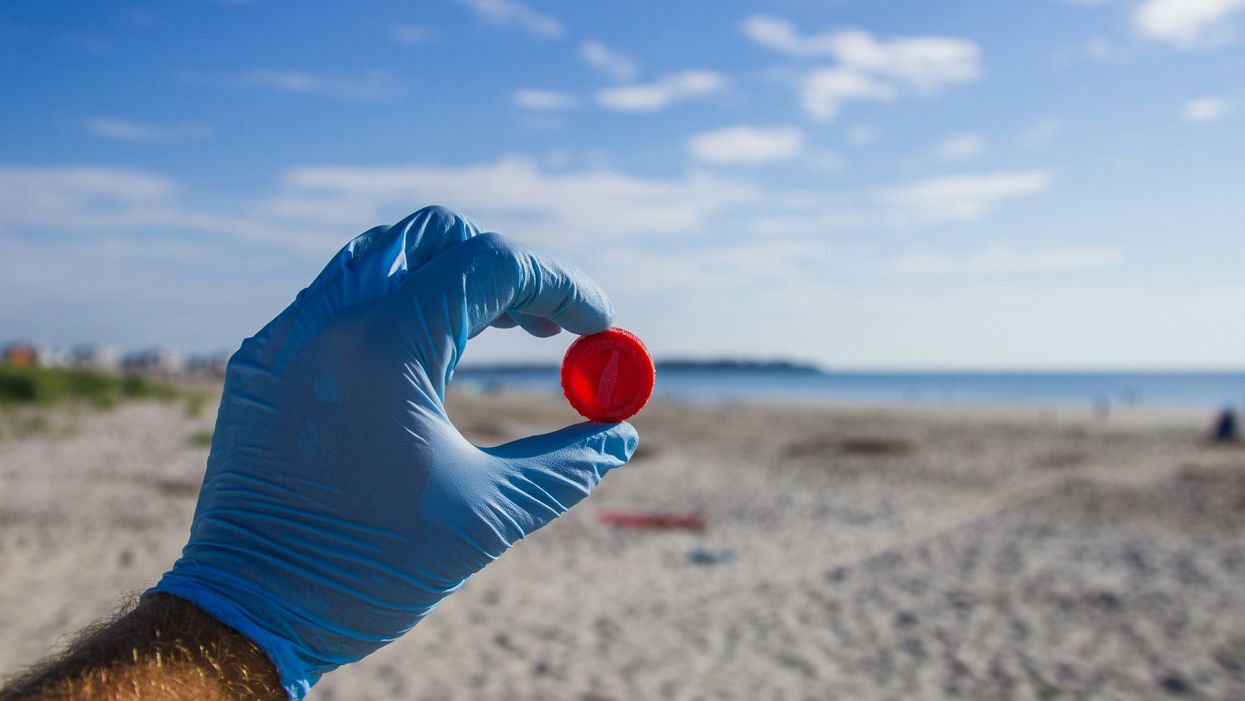
Producing plastic bottles also emits a significant amount of carbon, a dirty gas that increases temperatures. Each step from production to transportation adds to the carbon footprint of every beverage you buy.
Coca-Cola’s Efforts
Coca-Cola has announced initiatives to address these concerns, including investing in recycling infrastructure and committing to recycling and collecting the equivalent of every bottle the company sells by 2030. The company has also introduced attached caps at some markets to reduce cap waste.
According to MediaBrief, a new project by Coca-Cola India brings the idea of plastic recycling to life with easy-to-use “reverse vending machines” that boost plastic collection efforts in East India.
People simply insert their empty Coca-Cola bottles, and the machine compresses and stores them. A mobile app also rewards users with points for each submission, which they can use to save money on various Coca-Cola products.
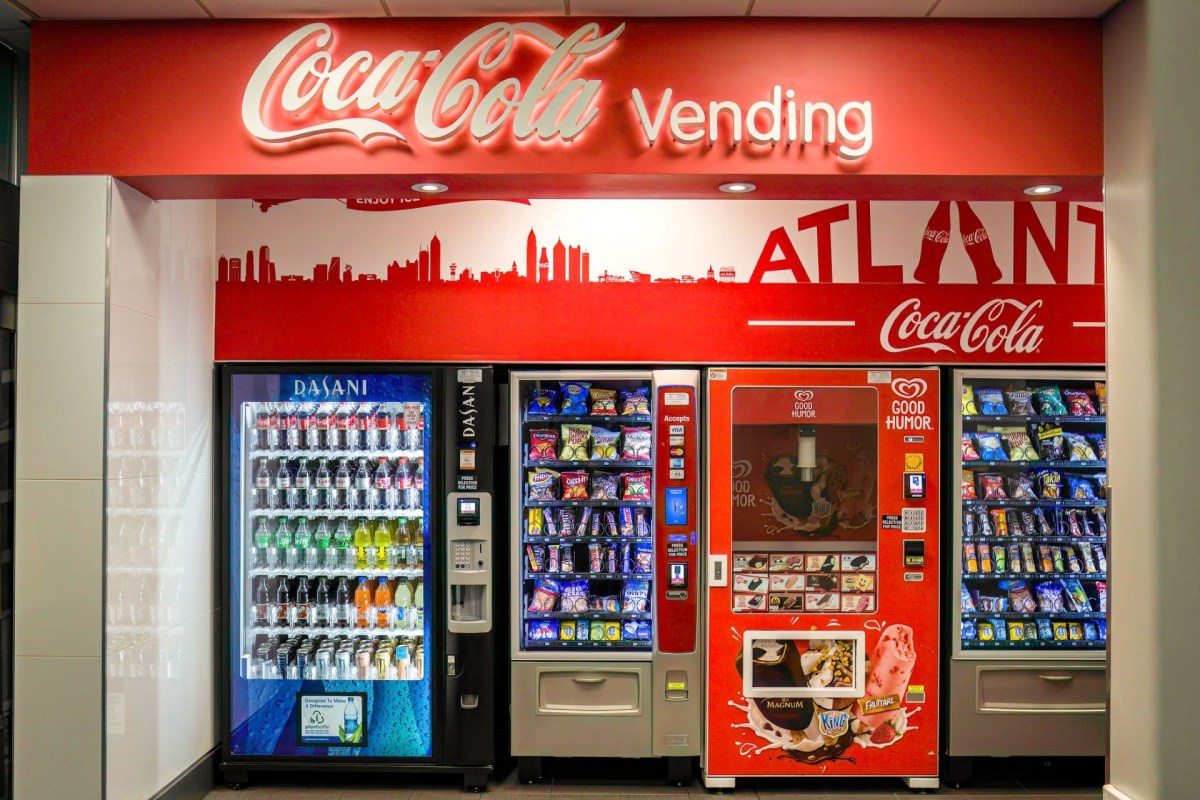
MediaBrief explains that each machine can hold up to 800 bottles before they are collected and turned into clothing, bags, or different types of packaging.
This means that these machines can help tackle the world’s plastic waste problem, especially since they encourage consumer participation. This is a much-needed positive step for Coca-Cola, the world’s biggest plastic polluter.
Coca-Cola’s partner, Biocrux India, installed the machines and can remotely monitor their performance. The aim is to raise awareness about the country’s plastic issue and encourage people to take action. Similar interactive public initiatives in Puri have succeeded in the past, including those surrounding major festivals.
Despite this promising collaboration to curb waste, Coca-Cola still has to work hard to change its global impact trajectory and commit to further action to limit plastic pollution.
According to MediaBrief, Rajesh Ayapilla, a senior official at Coca-Cola India and South West Asia, said, “By introducing reverse vending machines in Puri, we are helping people take simple yet meaningful steps to make recycling a part of their daily behavior.”
Abhimanyu Behera, the executive of Puri, added, “Initiatives like these not only enhance citizen engagement but also set a precedent for other cities to emulate.”
What Can We Do to Address Plastic Pollution?
Cleaning up the planet’s plastic waste is crucial for maintaining human health and protecting the habitats of countless wildlife species. Environmental organizations are putting pressure on corporations to take responsibility for their plastic waste. Consumer boycotts have proven effective in pushing companies toward more sustainable practices.
Choose beverages in aluminum cans or glass bottles as these materials have higher recycling rates. To reduce plastic use, people are encouraged to carry reusable water bottles instead of buying single-use drinks.
Supporting legislation to restrict single-use plastic in your community will create more significant change. Many local governments have banned plastic bags and straws, showing that small policy changes can make a big difference.
When you buy bottled drinks, recycle the containers properly. This simple action helps remove plastic from our waterways and natural spaces, where it causes the most harm.
Source: The Cool Down
Accelerating Growth: Navigating the Pitfalls and Paving a Smooth Path to Success
Rapid economic growth is pivotal for Vietnam to escape the middle-income trap, bridge the gap with advanced economies, and aspire to become a high-income nation in the next two decades. This is a legitimate aspiration. However, alongside the goal of rapid growth, we must be vigilant and proactive in addressing the potential drawbacks that this process may entail.
The Packaging Industry’s Green Evolution: Tackling the Plastic Waste Challenge
The Vietnamese packaging industry faces sustainability challenges due to rising plastic consumption, which is projected to surpass 11 million tons by 2025. To address this issue, businesses must proactively transform their operations by embracing eco-friendly solutions, reducing emissions, and promoting a circular economy.
The Toxic Trail: Uncovering the Costly Battle Against Persistent Chemicals
The President of the Vietnam Recycling Association emphasizes the importance of recycling to control PFAS. He urges the plastic and packaging industries to prioritize this issue if they aim to succeed in demanding markets.

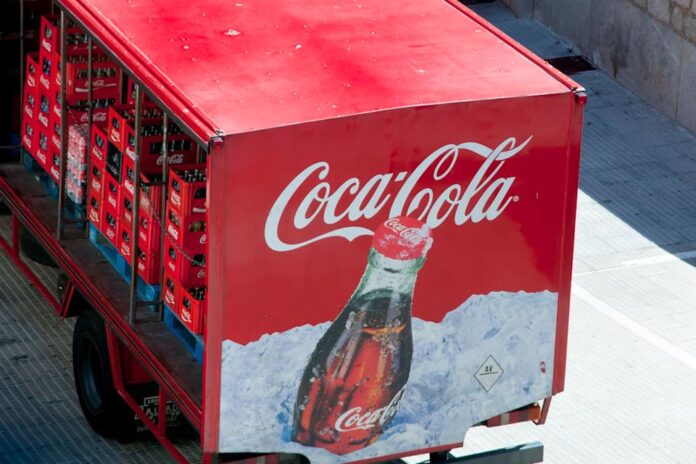
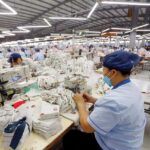
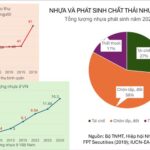
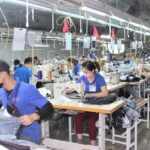
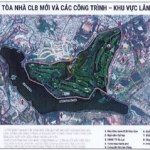


![[Photo Essay]: Experts, Managers, and Businesses Unite to Forge a Path Towards Sustainable Green Industry](https://xe.today/wp-content/uploads/2025/07/z678592918-218x150.jpg)












